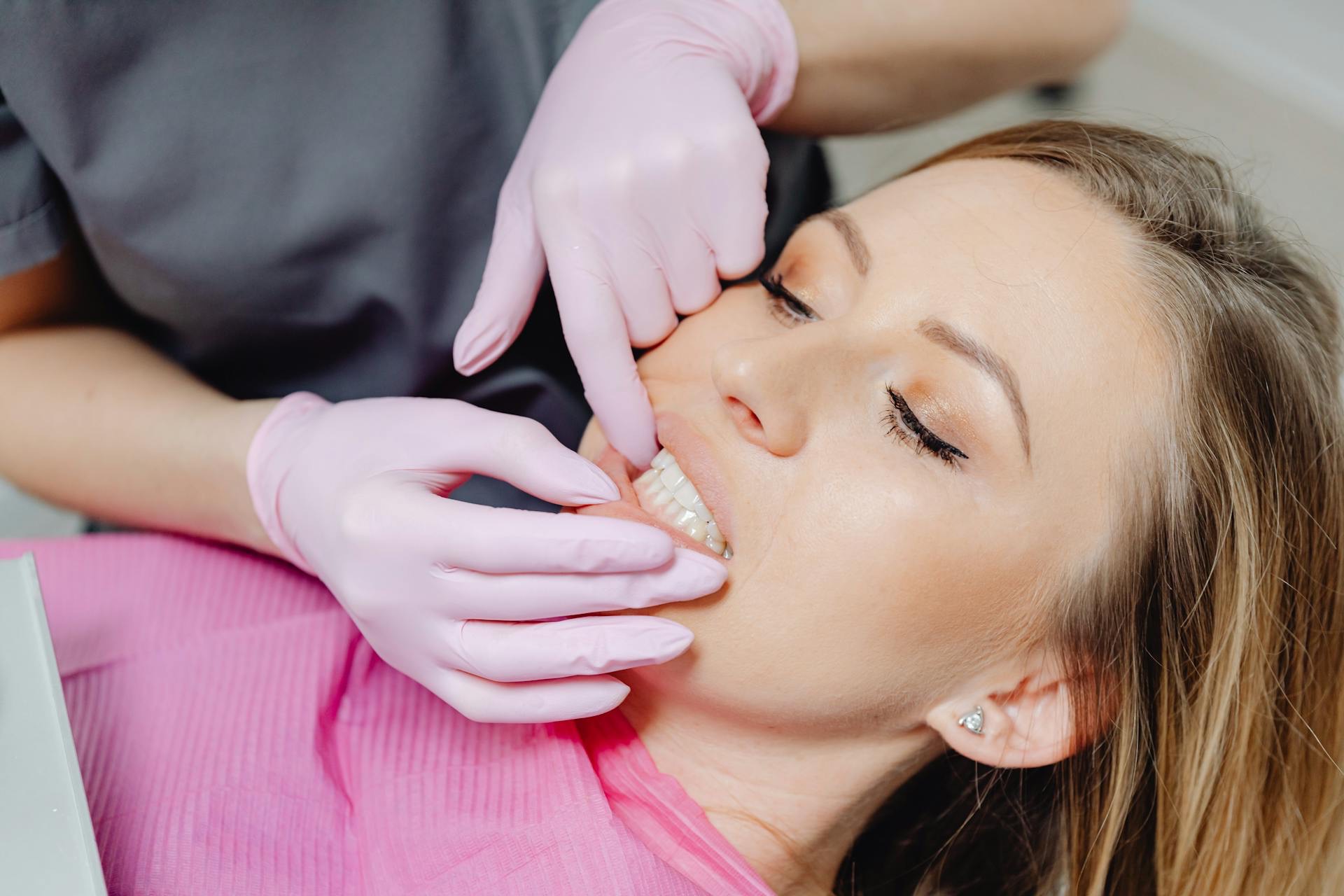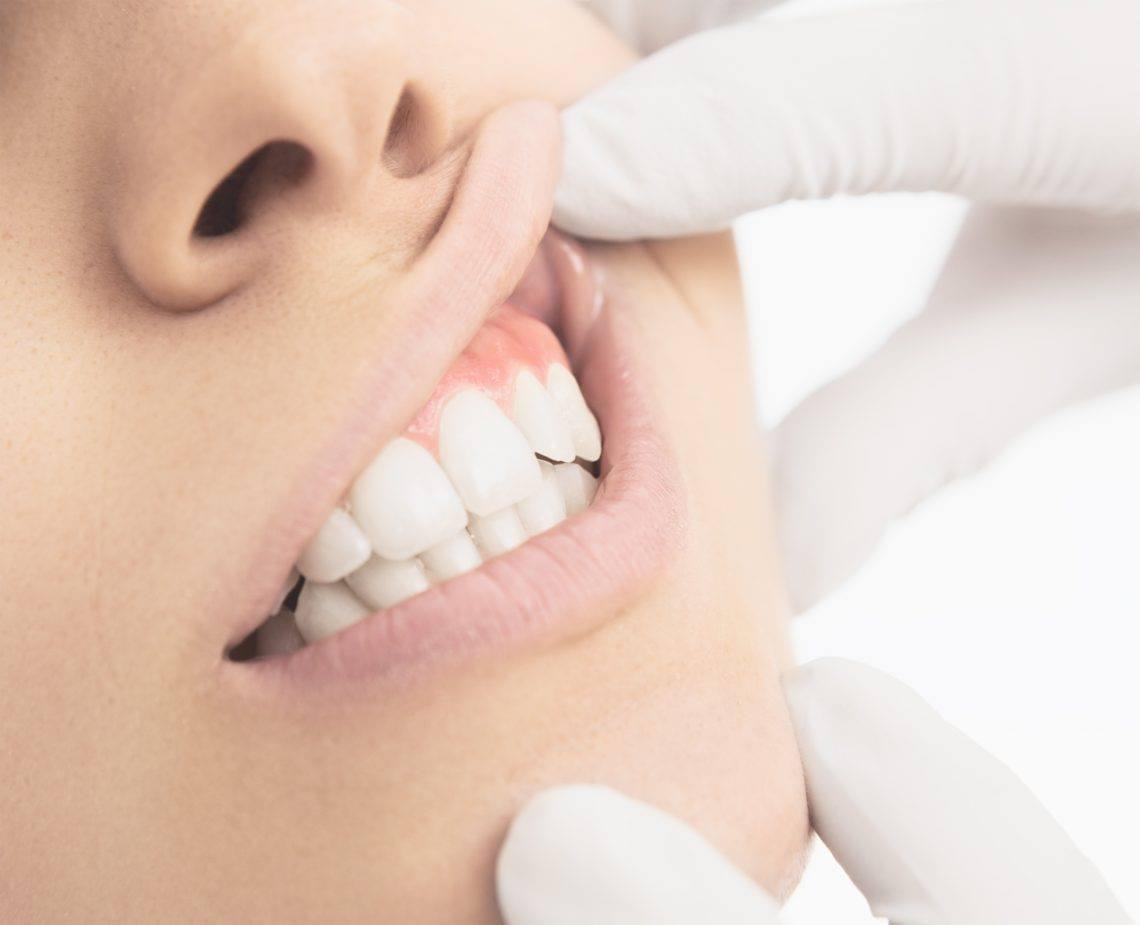Miami Dentists warn patients this month to keep an eye out for zinc. The element is critical for most body functions, however, may be toxic in large quantities. Most alarming is the element’s prevalence in a wide range of consumer dental products. Patients who use certain mouth rinses, denture adhesives, and toothpastes run the risk of accidentally ingesting too much of this potentially toxic element
Comments by Dr. Ted Herrmann:
The University of Maryland Dental School is the predominant provider of emergency oral services for individuals of all ages in the area. The University has a long history of global research as the 4th most heavily funded entity by the National Institute of Health. This March, the University has issued the following warning to dentists worldwide: Zinc is toxic in large amounts, and patients may be receiving unhealthy amounts of this element.
Amar Patel, DDS, is a resident colleague at the University of Maryland Dental School. Dr. Patel has studied the relationship between zinc, the human body, and the element’s prevalence in consumer dental products. In his paper titled What Every Dentist Should Know About Zinc, Dr. Patel writes:
“Of direct concern to dental professionals[…] has been the recent discovery of neurologic disorders resulting from excessive use of denture adhesives, having high leachable zinc concentrates which can cause copper deficiencies.”
Dr. Patel’s paper outlines an alarming trend in recent dental research that aims to link excessive Zinc intake with a corresponding decline in Copper. If true, this connection poses a serious problem for dentists and their patients alike.
Zinc Poisoning
Zinc poisoning is likely to happen in patients who use a range of consumer products that contain high amounts of the element. Alone, each individual product is safe. When used together, however, the patient is exposed to an accumulated amount of Zinc that may be toxic. Most susceptible to zinc poisoning are patients with dentures, as most denture pastes contain a significant amount of zinc. Moreover, patients with dentures must continually reapply the paste, exposing themselves to an increasing amount of the element over time.
Copper Deficiency Symptoms
Studies indicate that an increased intake of copper seem to lead to a decrease in copper absorption. In his paper, Dr. Patel explains that copper and zinc compete for absorption in the gastrointestinal tract after consumption. Patients who ingest a large amount of zinc make that particular element more readily available than copper. As a result, those patients end up ingesting almost entirely zinc while absorbing very little copper.
Copper deficiency symptoms are a telltale sign that you may be ingesting too much zinc. Keep in mind, too, that zinc is readily available in a range of consumer dental products including dental adhesives, toothpastes, and mouth rinses. Consult with your local Miami dental professional for more ideas on limiting your intake of zinc.
For more information on the University of Maryland and their recent studies on zinc toxicity, you may visit their article here: Potential Zinc Hazards for Patients.





